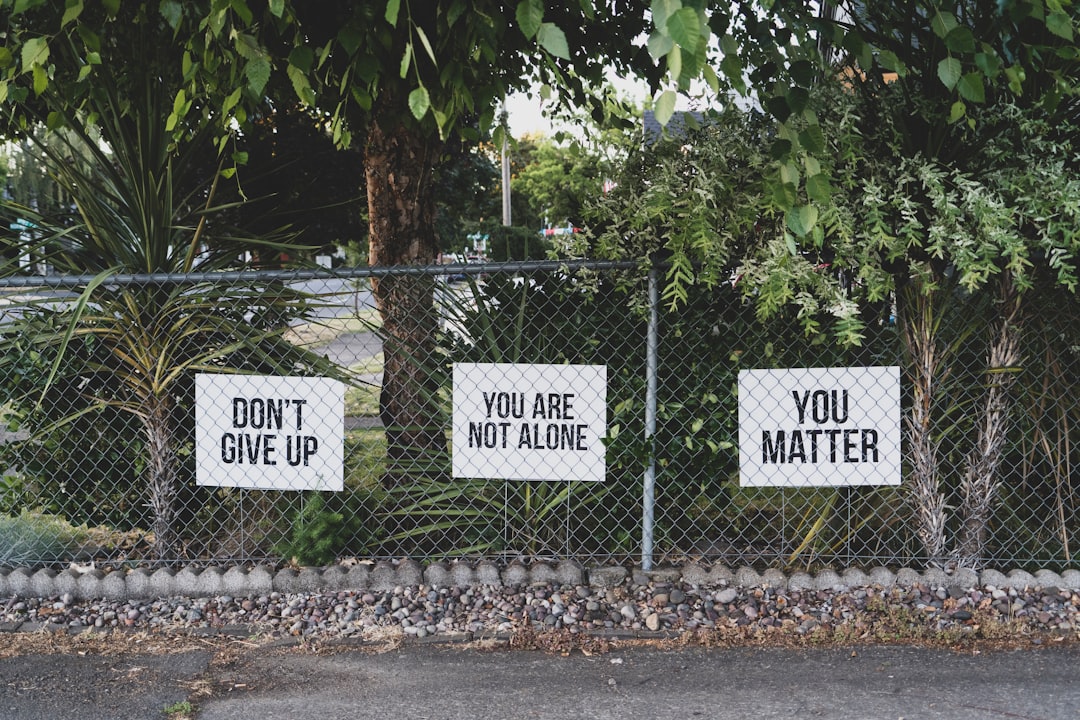The Hidden Impacts of Social Media on Mental Health
Exploring the Unseen Effects of Social Media Usage on Our Well-being

The Rise of Social Media and Its Ubiquity
In the past decade, social media has become an integral part of our daily lives. Platforms such as Facebook, Instagram, Twitter, and TikTok have transformed how we communicate, share information, and interact with the world. With billions of active users globally, social media's influence is undeniable. However, alongside its many benefits, there are growing concerns about its impact on mental health.
The Psychological Effects of Social Media
Research indicates that excessive use of social media can lead to various psychological issues, including anxiety, depression, and low self-esteem. The constant exposure to idealized images and lifestyles can create unrealistic expectations and feelings of inadequacy. Moreover, the addictive nature of these platforms can lead to compulsive behavior and a decline in real-life social interactions.
Social Media and Anxiety
Anxiety is one of the most common mental health issues associated with social media use. The fear of missing out (FOMO) and the pressure to stay constantly connected can lead to heightened stress levels. Notifications, likes, and comments can create a false sense of urgency, making users feel overwhelmed and anxious.
Depression and Social Media
Several studies have found a correlation between social media use and depression. The comparison culture prevalent on these platforms can make users feel inferior and dissatisfied with their own lives. Cyberbullying and online harassment are additional factors that can contribute to depressive symptoms.
Strategies for Healthy Social Media Use
To mitigate the negative effects of social media, it's essential to adopt healthier usage habits. Setting time limits, curating a positive feed, and taking regular breaks can help maintain a healthy balance. Additionally, engaging in offline activities and real-life social interactions can promote overall well-being.
The Role of Social Media Companies
Social media companies also have a responsibility to prioritize the mental health of their users. Implementing features that promote positive interactions, providing resources for mental health support, and taking a stand against cyberbullying are crucial steps in creating a healthier online environment.
The Future of Social Media and Mental Health
As social media continues to evolve, it's important to remain aware of its potential impacts on mental health. Ongoing research, public awareness campaigns, and technological innovations aimed at enhancing user well-being will play a pivotal role in shaping the future of social media.




